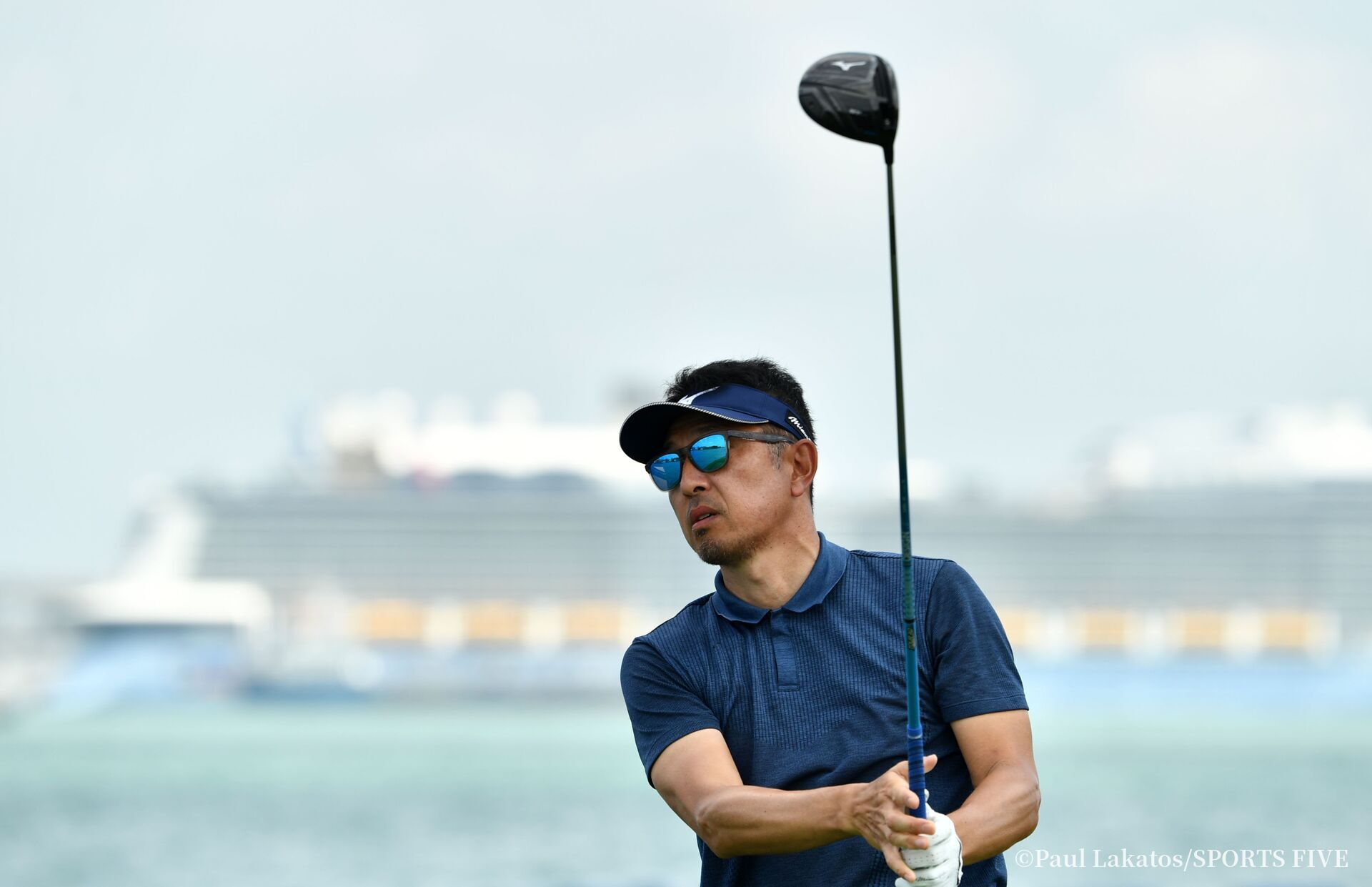Article
Kobayashi welcomes foreign competition
JGTO seasoned campaigner Masanori Kobayashi will turn 46 on Feb 14, but his competitiveness has not wavered at all.
The three-time Tour winner said he welcomed competition from foreign players and believes their presence would do the Tour a
whole world of good.
Kobayashi believes the JGTO needs to step up its efforts to entice more foreign competitors to play in Japan to elevate both the Tour and its members to greater heights.
“It would be good if we could get more foreign golfers to compete on our Tour,” said Kobayashi, who regained full playing rights after tying for 18th spot in the Qualifying Tournament in December.
“Their (foreign players) presence would help to generate interest among the Japanese players in the overseas tours where their
foreign counterparts are plying their trade in, and ultimately inspire them to expand their horizons by competing abroad too.”
Kobayashi showed that he still has it in him following two solid outings in Singapore last month.
He finished tied 21st at the Singapore International and tied 43rd at the SMBC Singapore Open a week later.
Kobayashi has urged his fellow JGTO members to seek playing experience abroad whenever it is available to them.

“There isn’t a golf course like Serapong (Sentosa Golf Club, which staged SMBC Singapore Open) in Japan. Therefore, the experience is extremely valuable, and if we get a low score, it gives us confidence,” said Kobayashi.
“Especially for players aiming to play on the top tours, they should play overseas a little more. Of course, it depends on the players themselves and their aim.”
He also stressed the importance of picking up foreign languages, especially English, if the Japanese players want to broaden their perspective in the game.
“The main obstacle for us is the language barrier. If we travel overseas more, we will not struggle with the language that much,” explained Kobayashi.
“I certainly think it’s important for the Japanese players to mix with the foreign players. I remember when we went to Thailand (for tournaments), the Thai players would invite us to go for a meal with them.
“But generally, the Japanese players will hang out among ourselves.
“I have been away from the Tour for three to four years. And if there’s one international player that I’m still close with, he would be Prayad Marksaeng.
“I don’t have a lot of (foreign) friends on the JGTO as compared to the Asian Tour.”
Kobayashi will be looking to make his presence felt once again when the JGTO season resumes with the Token Homemate Cup,held at the Token Tado Country Club in Nagoya from March 31-April 4.
Kobayashi, who entered JGTO as a rookie in 2000, was in his primebetween 2011-2013, when he collected a title in each of the three seasons.
His biggest victory was winning the Japan Open in 2013 after overturning a three-shot deficit on the final day to beat Koumei Oda by three shots.











